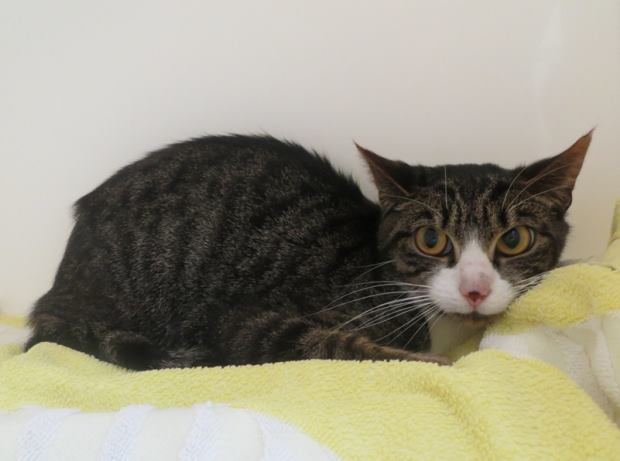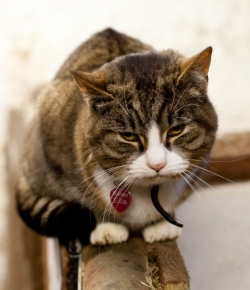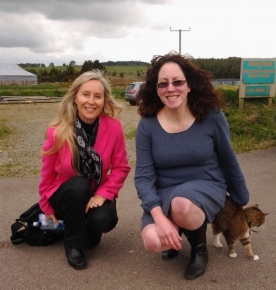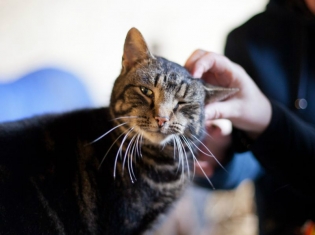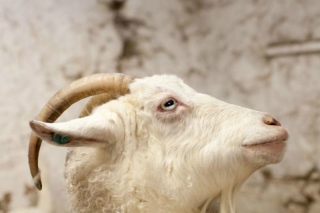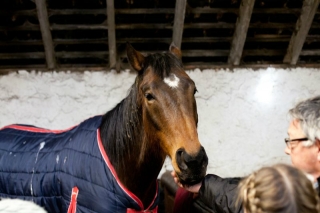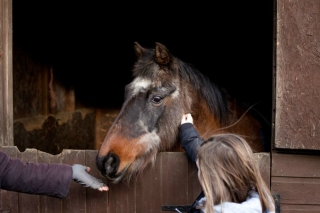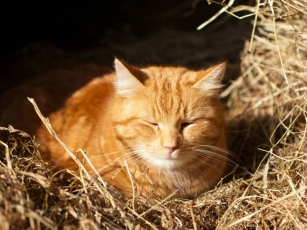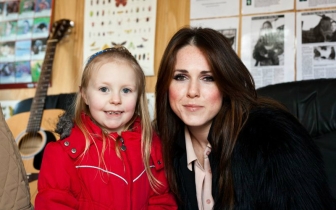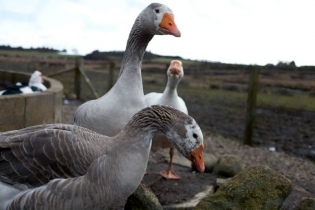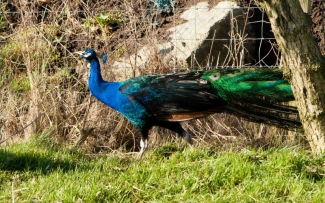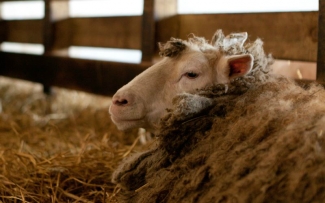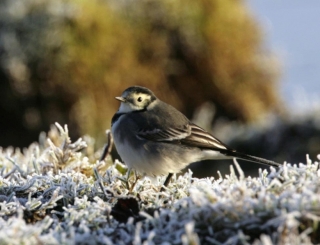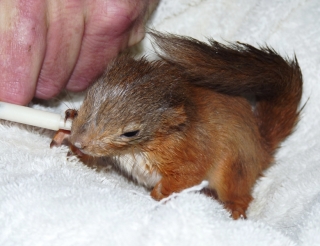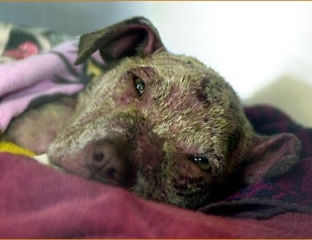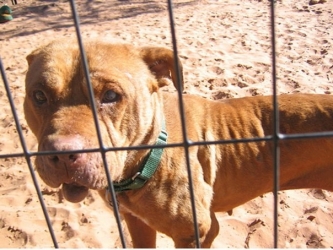 By Suzanne Kelly.
By Suzanne Kelly.
Aberdeen City Council’s new policy for sealing council flats has been condemned by an animal welfare charity today.
The city recently revised its policy for locking properties but the new policy is potentially harmful to any animals discovered in flats.
John F. Robins, Secretary of Animal Concern Advice Line, said:
“Aberdeen City Council would be well advised to have a rethink on this.
“If a tenant has died or done a moonlight flit it is likely to be several days or more before the Council find out and take action.
“Any animals on the premises may have already died of thirst or hunger and surviving animals are likely to be in a poor state of health.
“Instead of locking them in the property the Council should, if it is safe to do so, take the animals out and have them examined by a vet.”
The council came under fire when it was found to have sealed Michael Stewart’s body in his council flat where it remained undiscovered for two months.
Police eventually found Mr Stewart’s remains after a missing persons report was filed and they broke into the premises.
Bungling council operatives hadn’t even checked inside the flat before padlocking it shut, leading to this change in procedure.
The new policy reads in part:
“If a property [to be boarded up and padlocked shut] is found to have pets but no owner present… ensure that the pet has access to clean, fresh water.
“Regional Contact Centre should be advised that a pet is in the property.”
The city does not mandate animals be rescued, even the word ‘should’ is used about informing any other body that an animal will be locked in the dark, alone, with only water.
The policy does not give a time frame for reporting the presence of an animal either.
Mr Robins finds many faults with the policy and said:
“When dealing with exotic and potentially venomous animals such as reptiles, it might be best to call in an expert to deal with it.
“Once the vet has seen the animals and passed them as fit, they should immediately be taken to an appropriate place of safety such as the nearest Scottish SPCA welfare centre or a reputable local independent animal refuge.”
The Scottish SPCA seemed to feel the policy was adequate however.
Scottish SPCA chief superintendent Mike Flynn said:
“Aberdeen City Council have a procedure in place with regards to properties involved in evictions when there are animals present.
“If a pet is in the property, the relevant authorities are to be notified and we will be contacted if necessary.
“As long as the proper procedures are followed in an appropriate period of time, the welfare of the animal should not be compromised.”
The policy does not specify a particular length of time as being appropriate, and the time different animals can be left alone varies greatly.
It seems the actual legal requirements of animal welfare and criminal law have been overlooked by the city, too.
Mr Robins said:
“Apart from the welfare of the animals there is also a legal position to be considered.
“If the animals were abandoned when their owners did a moonlight flit a criminal offence was committed and should be investigated.
“Once the Council has repossessed a property with a resident pet the Council becomes legally responsible for the welfare of that animal until it can be placed in a suitable, safe environment.”
The vague policy singles out dogs, ignoring the fact animals such as reptiles needing heat and light conditions to be constant otherwise they will likely perish.
The city’s policy states:
“If the pet is a dog, Regional Contact Centre should contact Aberdeen City Council Dog Wardens.”
Equally vague, the policy assumes that those present when a flat is sealed will somehow be animal experts.
The policy continues:
“SSPCA can also be contacted for advice if necessary….”
Surely the soundest advice to housing officers and joiners would be not to leave an animal alone in a cold, dark flat for any length of time in the first place.
Aberdeen City refuses to comment further on any matters connected at all with their having sealed Michael Stewart’s body in his flat.
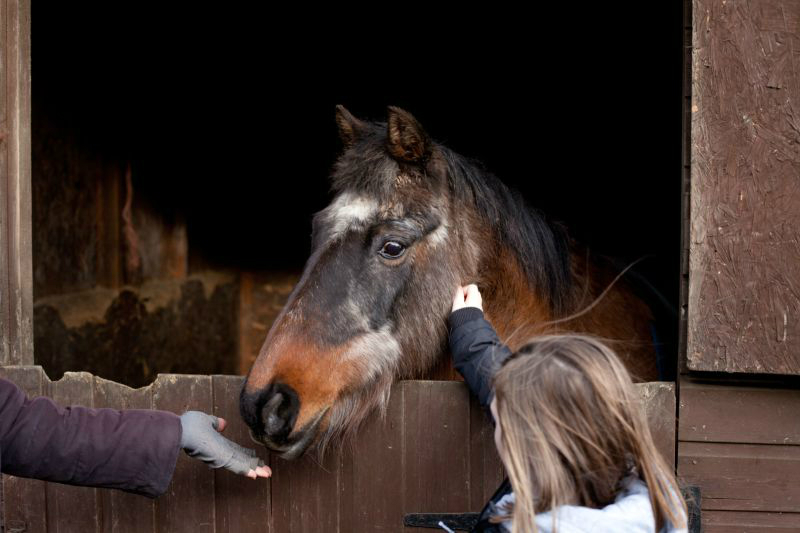
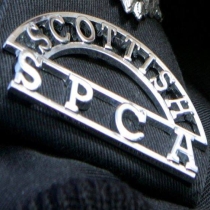 When the salary of the chairman went up, the SSPCA closed its Shetland facility, with Mike Flynn of the SSPCA making the shocking claim that the SSPCA’s role was not to keep a building open in case there was an oil spill.
When the salary of the chairman went up, the SSPCA closed its Shetland facility, with Mike Flynn of the SSPCA making the shocking claim that the SSPCA’s role was not to keep a building open in case there was an oil spill.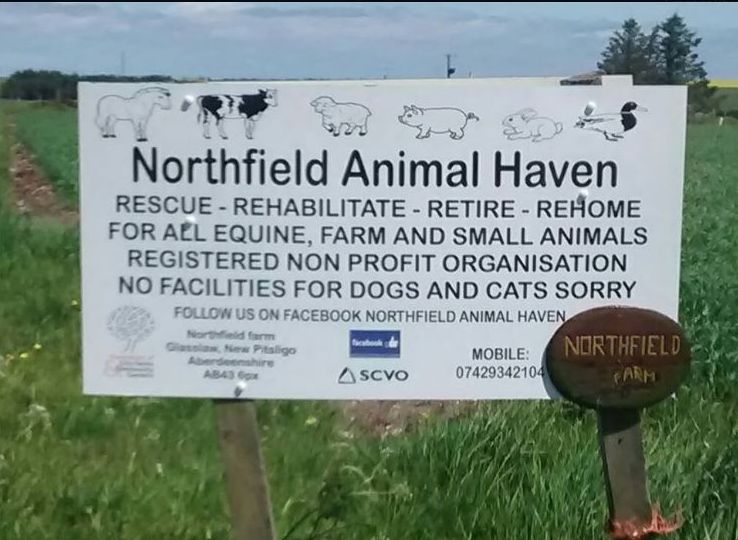 Spotlight on Northfield Animal Haven
Spotlight on Northfield Animal Haven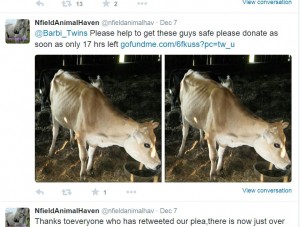 That Cable used, without any contact or permission, images of animals she had nothing to do with for fundraising purposes – this calls transparency and honesty into question (the image on the left of an emaciated bovine is not an animal Cable was trying to rescue;
That Cable used, without any contact or permission, images of animals she had nothing to do with for fundraising purposes – this calls transparency and honesty into question (the image on the left of an emaciated bovine is not an animal Cable was trying to rescue; 